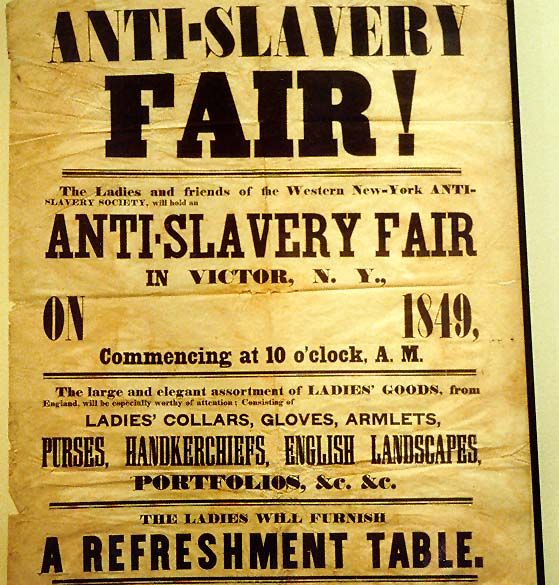Throughout this semester, I have learned to read and write at a more critical level. This class has helped me grow in the sense that I’m content with the development of my voice in my writings and that I’m more comfortable with being in a literary space. I used to have self-doubt about trying to attempt higher levels of English courses for the sole purpose of not knowing if I’d be a good writer or not. Now that I’ve managed to make it through this class, I feel like I can better navigate how I choose to present my ideas through literature.
Before I advocate for enrolling into English courses in college, I need to unpack the previous fears I had for fitting in, so to speak. In high school, I felt like grades defined my level of intellect. I would work hard to make sure I read through every assignment before its deadline. From my hard work, I’d end up with nothing short of A’s on my papers. However, these positive reinforcements throughout my high school career set me up for failure. When I was in AP Language and AP Literature my junior and senior years in high school, respectively, I took the required exam in hopes of scoring college credit. What I didn’t realize at the time was that my writing style didn’t grow that much, and I wasn’t ready to receive a passing score on college exams yet. I failed both of my chances of getting AP credits that I believed would’ve benefited me in college. After I received those results, I vowed to myself that I’d never enroll in another college-level English course ever again. Continue reading “Criticism is the New Compliment”

